Changing the Way We Talk About Congo — One Cup at a Time
When people in the U.S. hear “Congo,” their minds often go straight to conflict, crisis, or war. That’s the story we’ve been fed for decades—and while there’s truth in this, an ongoing conflict, it’s not the whole story. Not even close.
I’m of Congolese descent. Though I was born in France and raised in the U.S., my roots run deep. My grandparents farmed coffee along the Lubilanji River in the Katanga Province. Coffee was always present in my life growing up—especially through my dad, who brewed coffee every single morning. And when we moved from France to the US, he ordered coffee from France because American coffee didn’t hit the spot for him.
I didn’t start drinking coffee until I was 24. A trip to Seattle in 2013 opened my eyes to specialty coffee. Then in 2021, after attending an Ethiopian coffee ceremony and visiting Congo for the first time, I discovered coffee was in my DNA. I learned about my grandparents’ farm, and that moment made everything click—my story, my family’s legacy, and now: KANFUELA.

Changing the Narrative
The Democratic Republic of Congo grows some of the most flavorful and complex coffee in the world. Fertile volcanic soil, high elevation, heirloom varietals—it’s all there. What most people don't know is that in the 1970s and 1980s, DRC was among Africa’s leading coffee exporters—shipping around 120,000 metric tons annually at its peak. But, unfortunately, decades of political conflict disrupted that legacy.
Still, when people see “Congo” on a bag, they ask:
“Congo grows coffee?”
Yes. And it’s not just any coffee. It’s specialty-grade, smallholder-grown, and packed with heritage. Bold, complex, and overlooked—just like the place it comes from.
I’m not here to compete with big-name origins. I’m here to shift perspective. To make you pause before you sip. To remind you that greatness can come from places the world forgets.

A Country Misunderstood
D.R. Congo is often defined by what’s been taken from it—minerals, labor, peace. But I know it for what it gives. The land that continues to cultivate. The farmers who refuse to give up. The culture that holds its head high despite everything. I mean, have you ever met a Congolese person? Dressed to the nines, always the best dancer in the room. Our culture speaks for itself.
Although Kanfuela includes beans from Tanzania, Ethiopia, and other regions, it is done by necessity, but with integrity—it helps us build sustainably. But we do it without forgetting where we started.

A Turning Point for Congo
On June 27th, a U.S.-brokered peace agreement was signed in Washington between D.R. Congo and Rwanda, with the aim to finally end the prolonged conflict in eastern Congo. For years, eastern DRC has faced violence from the M23 rebel group, which has been supported by Rwanda. This conflict has displaced over 7 million people and destabilized the region. I have friends and acquaintances who were personally affected by this.
The agreement, mediated by current U.S. President Donald Trump, includes a cease-fire, the withdrawal of support for armed groups, and the establishment of a joint monitoring mechanism between the two countries. It’s the first major diplomatic breakthrough in years, and if implemented successfully, it could mark a shift toward regional peace, economic recovery, and renewed investment in agriculture and trade—including coffee.

This is more than a political milestone. It's a glimpse of hope—and a reminder that Congo’s future is worth investing in. So, watch out coffee lovers...
Every cup of Kanfuela is a quiet rebellion. It says:
Congo is more than what you’ve heard. It’s rich. It’s flavorful. It’s worthy.
What if the world knew Congo through its coffee?
That’s the question I asked when this journey began. It’s the vision that guides everything we do.
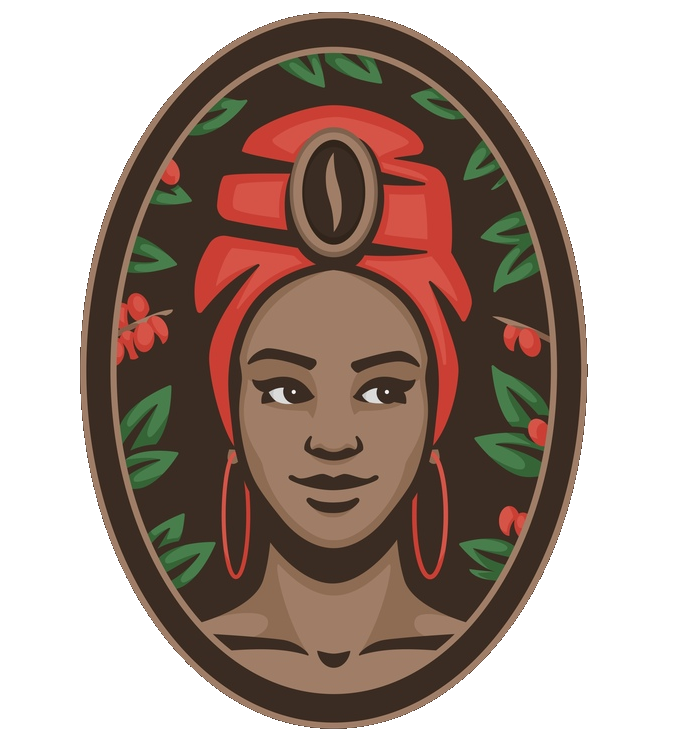
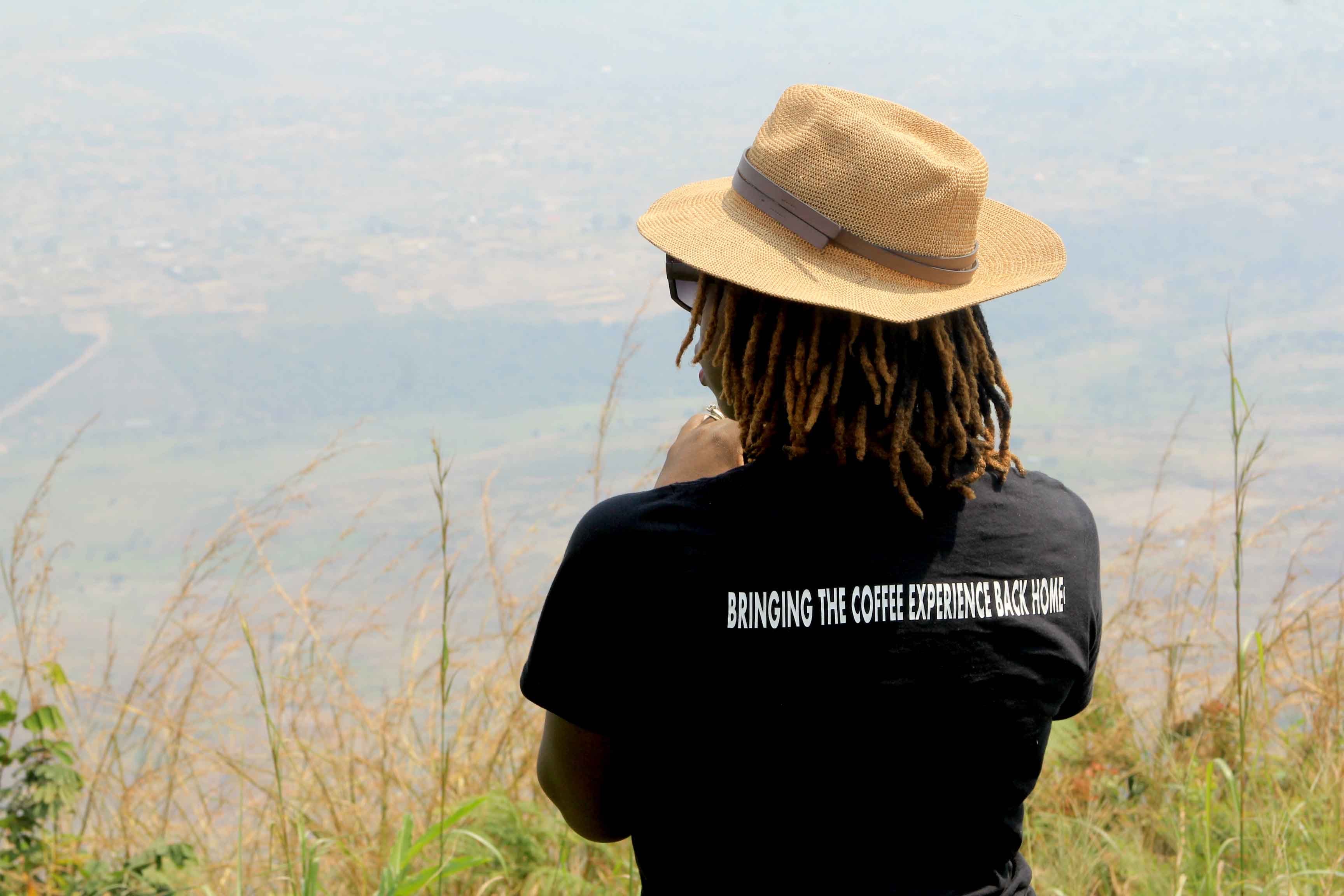
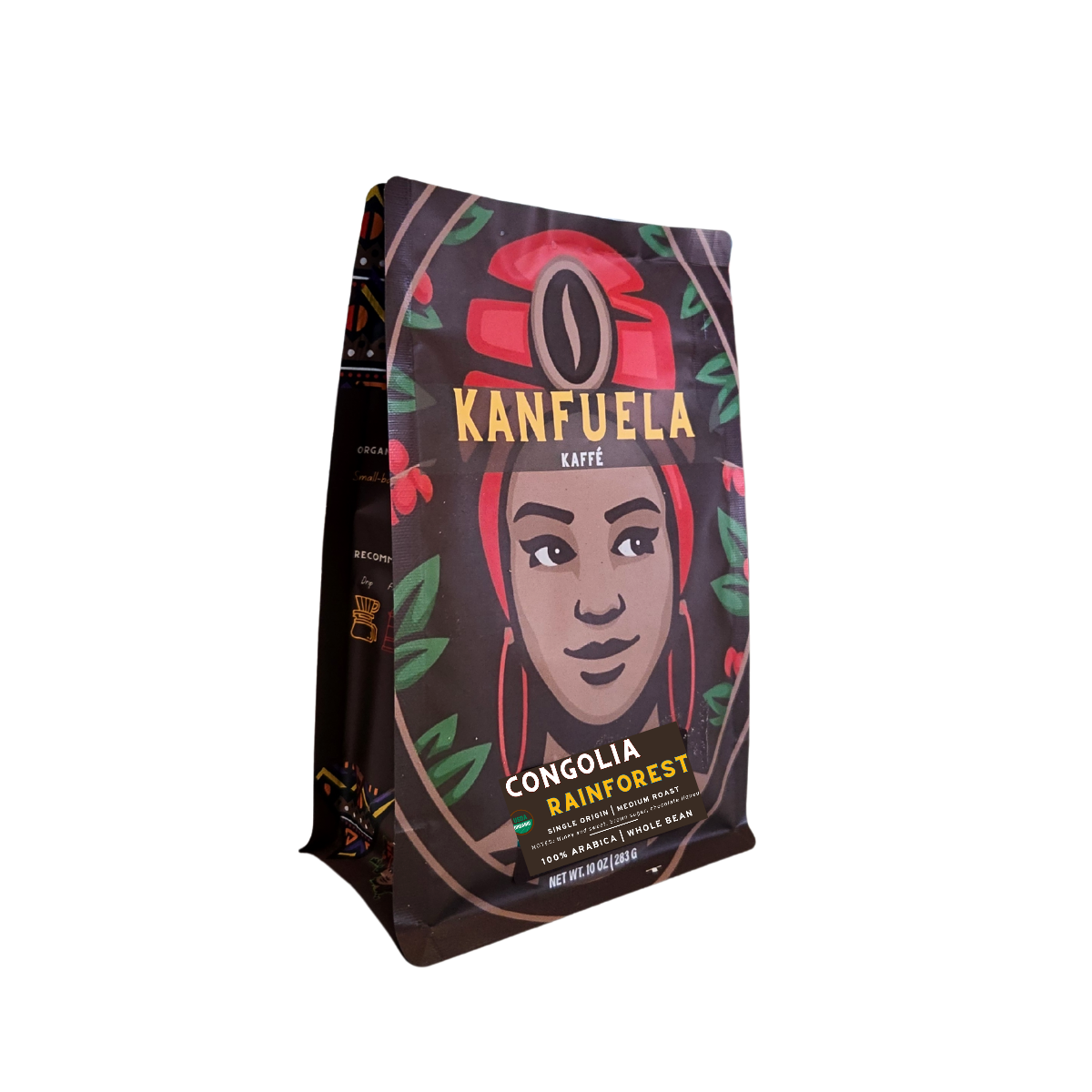
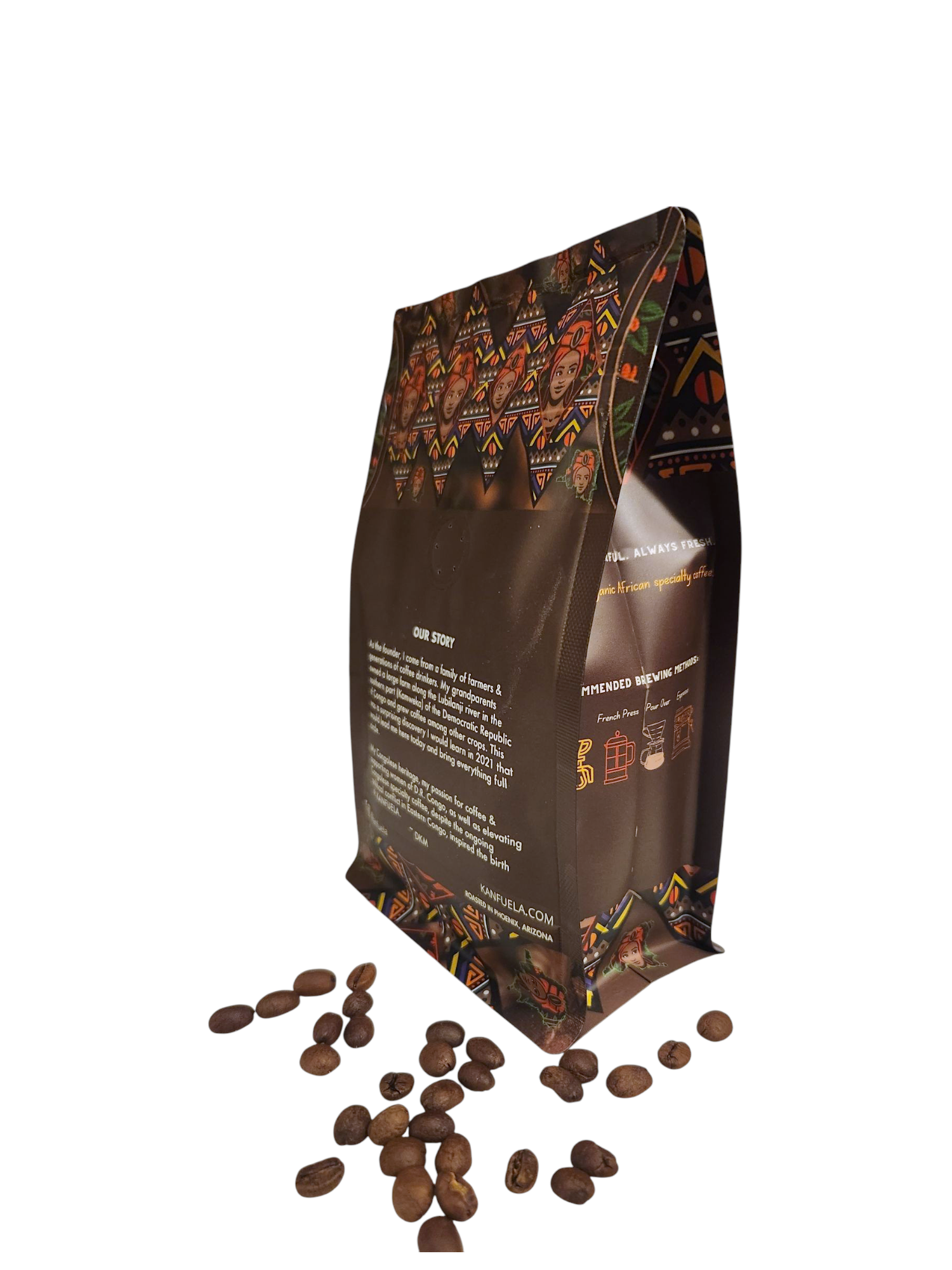
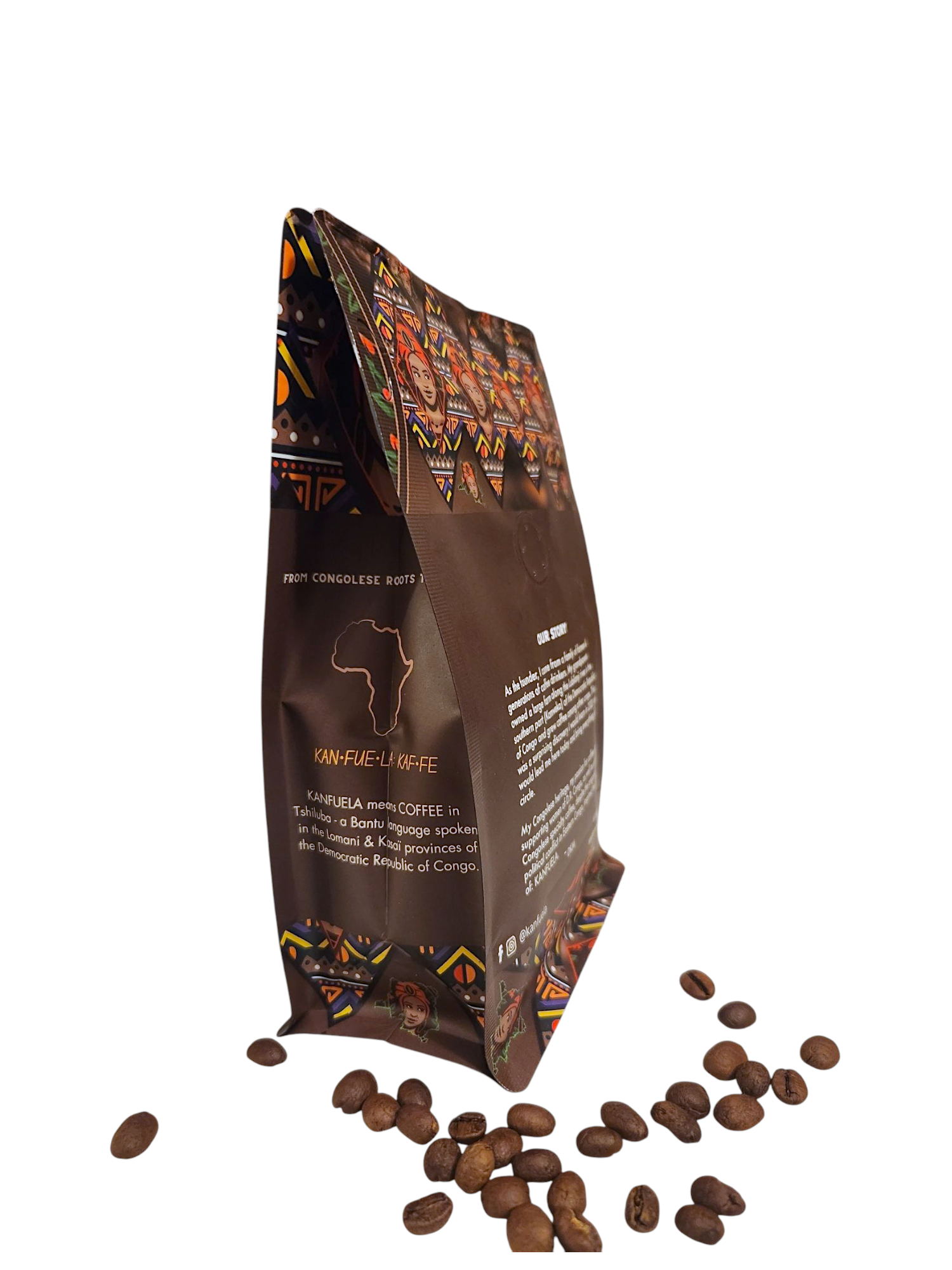
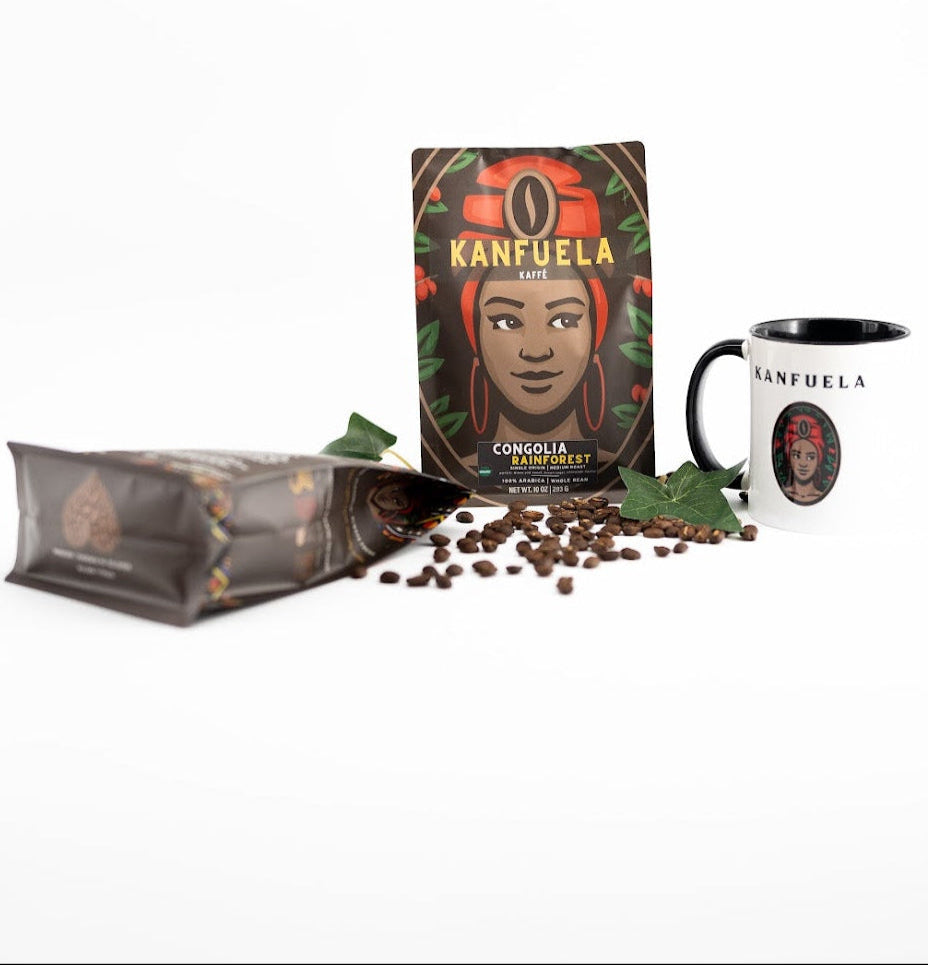
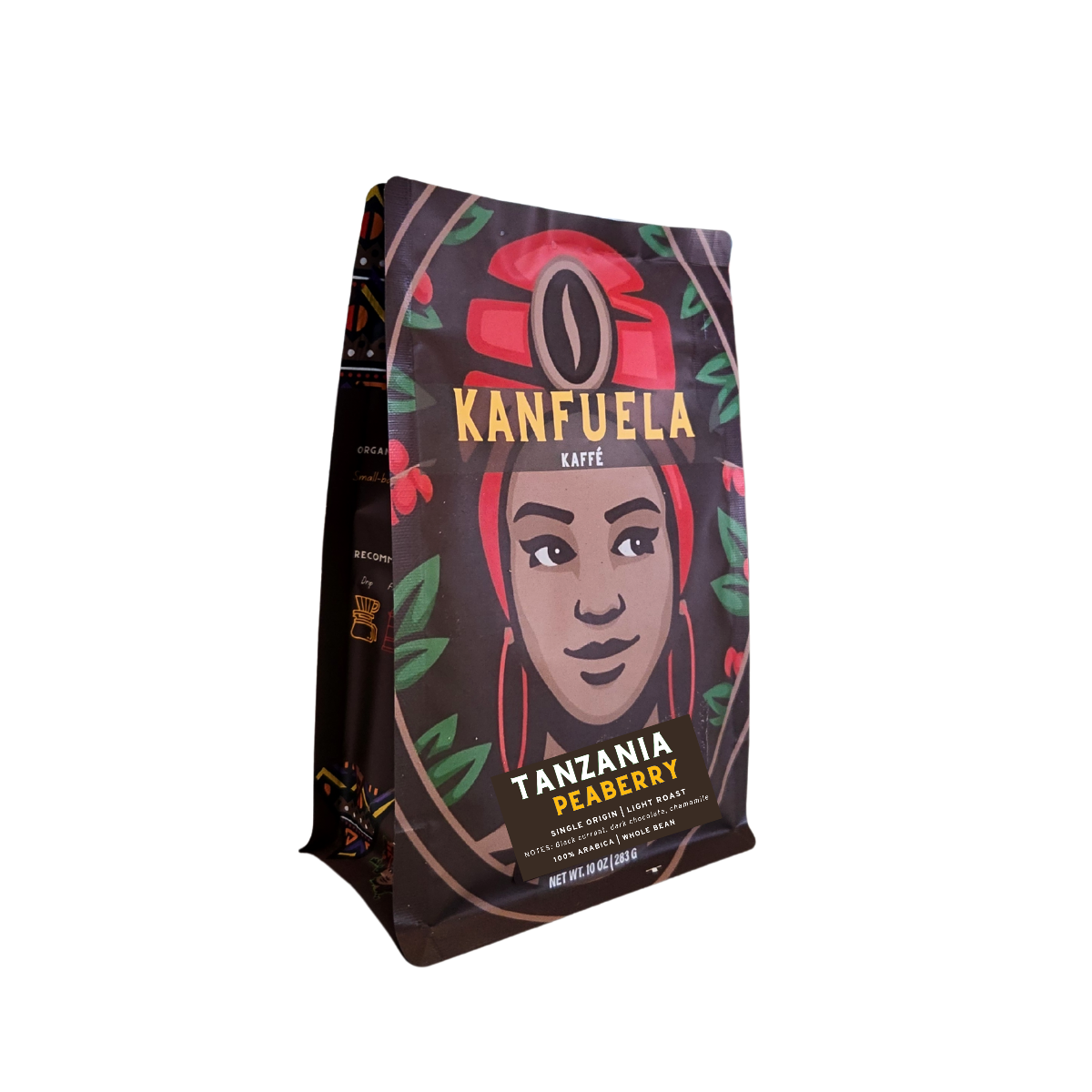
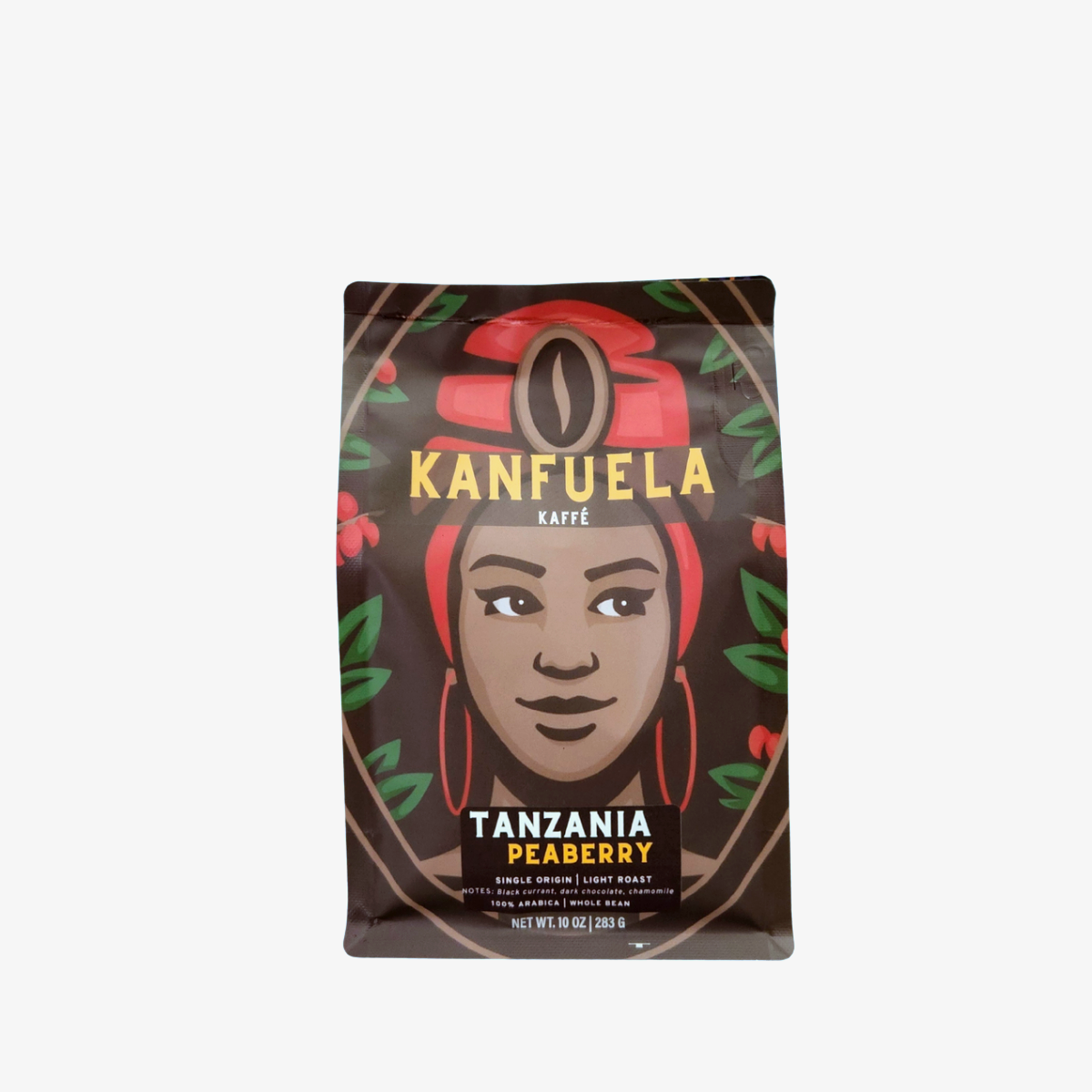
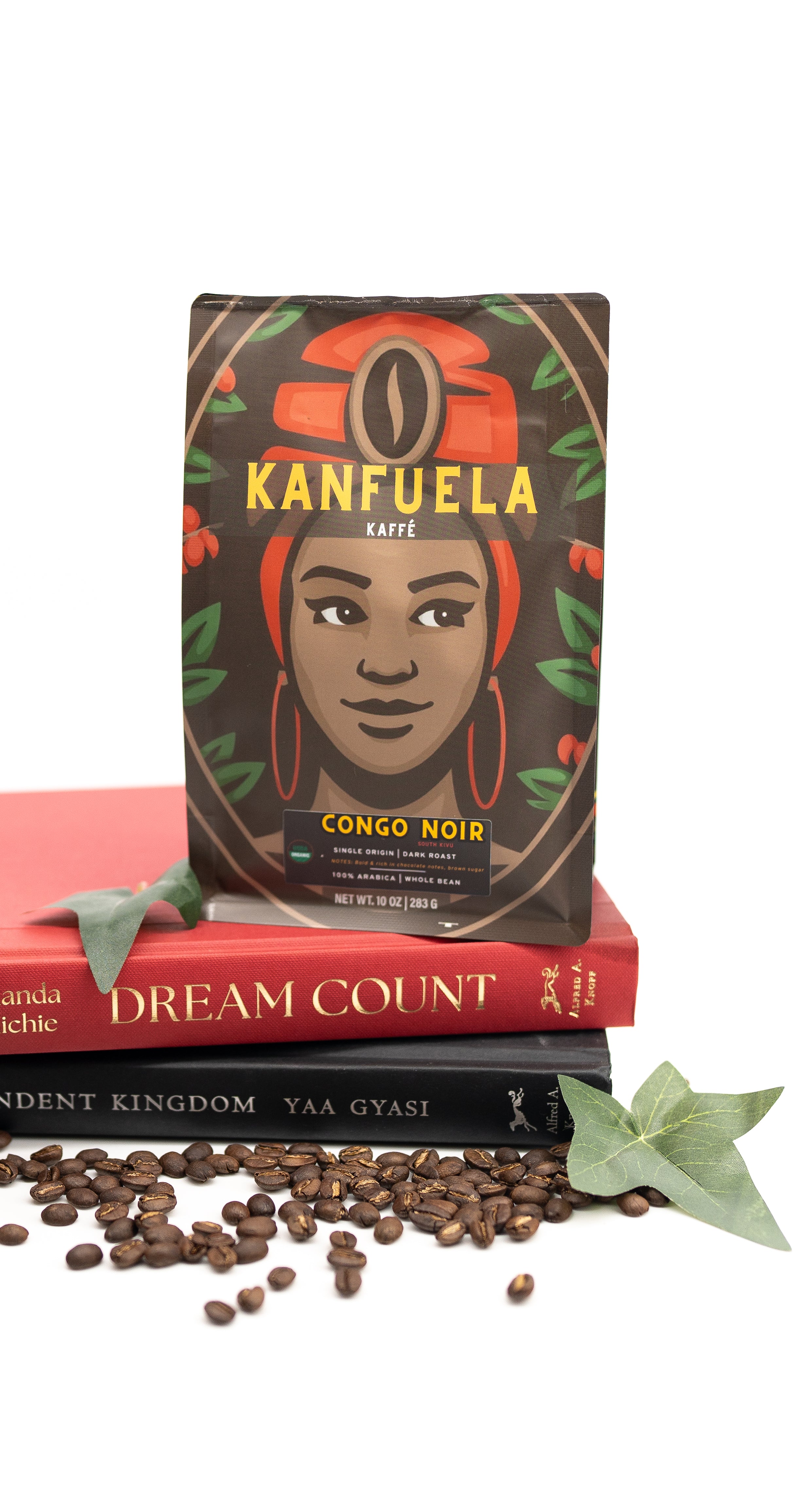
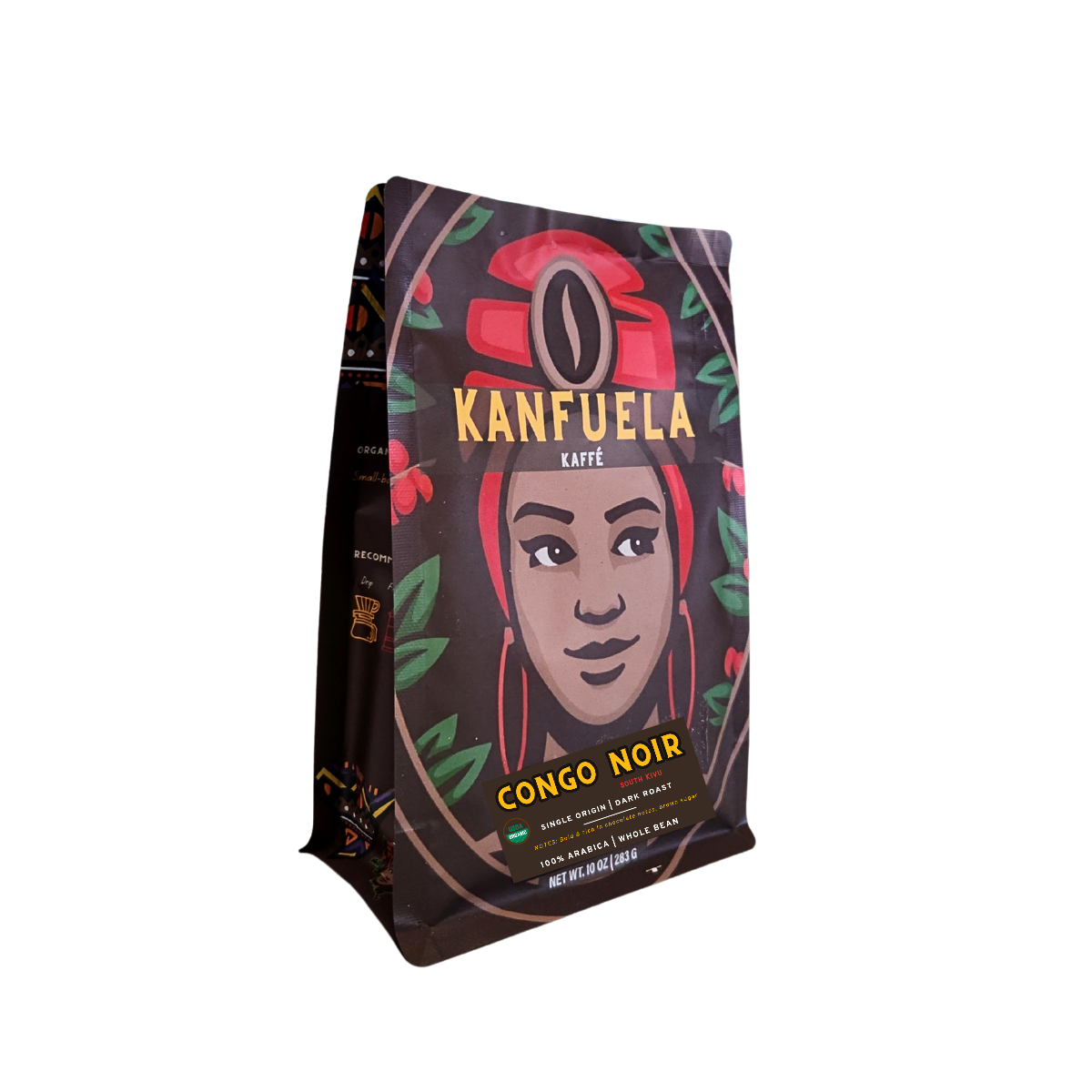
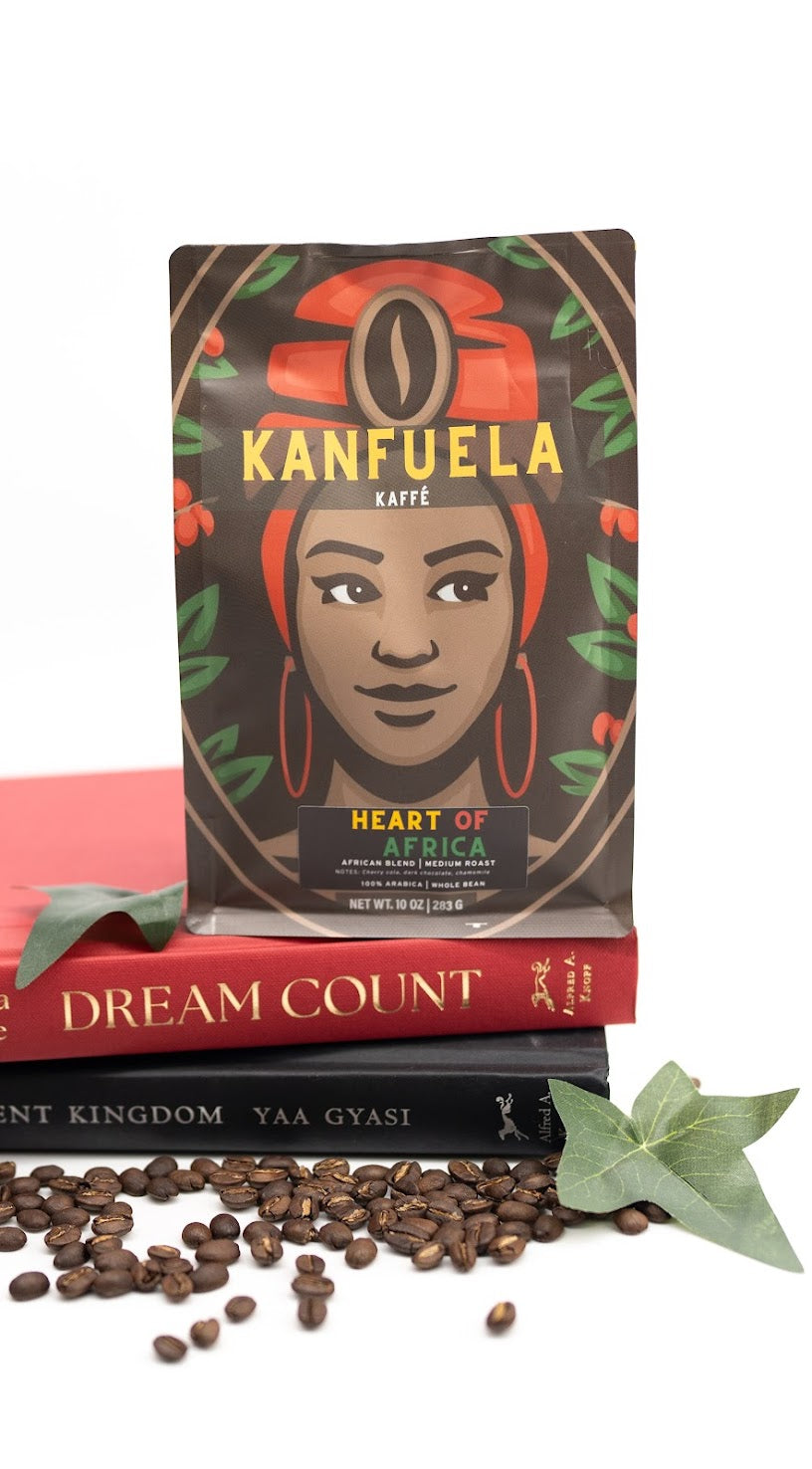


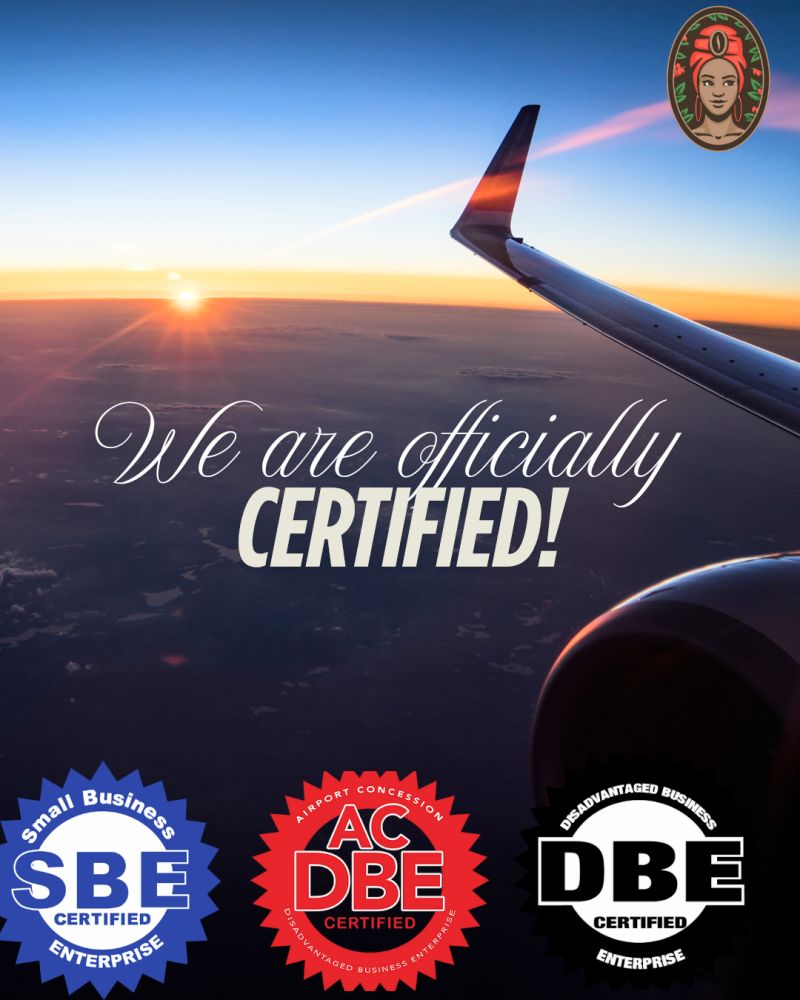
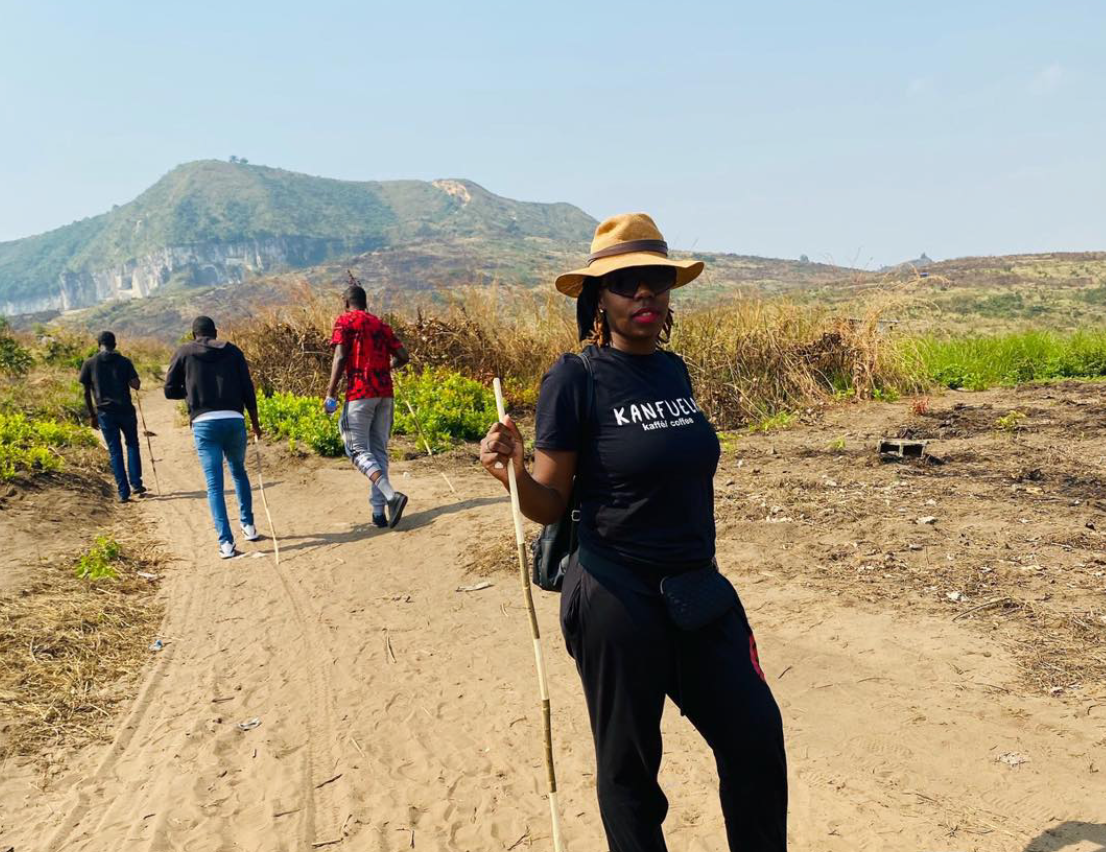
We are officially a certified firm! SBE/ACDBE/DBE Certification - Specialty Coffee Roasters